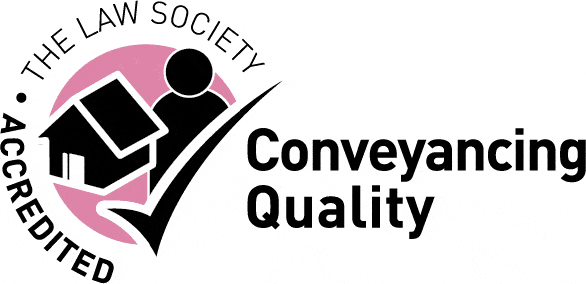Importance of having a valid Power of Attorney in Place
Life is difficult and we are unable to protect ourselves forever from accident or illness. It is important that you help those that you love from making difficult decisions for you. By having a will, you are able to ensure that your personal affairs are taken for after your death. However, not everyone takes into consideration what happens if you are not able to manage matters during your lifetime. As a nation we are living longer, it is quite feasible that one day you may not be able to manage your personal welfare or personal matters such as finances. At Harrison’s Solicitors, we recommend that you should consider why you should draw up a plan and arrange a Lasting Power of Attorney (LPA)
A Lasting Power of Attorney (LPA) is a document under which you appoint someone to look after your affairs for you. This Person can be a friend, a relative or a professional advisor and can be appointed to make decisions regarding your finances or your day to day health and welfare or both. If you do not make an LPA, then become unable to make certain decisions someone can apply to the court of Protection to become your deputy. This provides similar powers to that of a Power of Attorney. The complete process of becoming a deputy is considerably more time consuming and expensive than an LPA. An annual fee and the submission of a report must be completed every year by the deputy. Therefore in our opinions, it is much easier for someone to be an attorney rather than a deputy.
Two Types of Power of Attorney
- Property and Affairs Power of Attorney
- Health and Welfare Power of Attorney
Why is a General Power of Attorney not sufficient?
A General Power of Attorney is revoked if in the unfortunate circumstance you were to lose your mental capacity. This means that a court must appoint someone to manage your affairs. In reality, this can be a lengthy and costly process. The court can also appoint anyone, but it will do its utmost to appoint the right person. However, your views may differ from those of the court.
I have an Enduring Power of Attorney (EPA), do I need a Lasting Power of Attorney?
An Enduring Power of Attorney was a system that was in place prior to LPAs. However, you are unable to make EPA’s. If the EPA was produced prior to 1st October 2007 and was correctly filed, then it is valid, allowing it to be registered and used. If you have a valid EPA, you do not necessarily need to make an LPA. It is important to consider that the EPAs can only cover decisions about your property and finances, similar to the property and affairs LPA. This, however, does not cover issues concerning your health and welfare. Therefore if you do possess an EPA, you should consider making a health and welfare LPA so that the important decisions concerning your care and treatment are upheld.

What is Dementia?
Dementia is a set of symptoms that may occur including memory loss, difficulties with problem-solving, thinking or articulating speech. Often these changes are small but they can become severe to affect daily living. These changes can lead to the sufferer experiencing mood swings or changes to their behaviour. Dementia is caused when the brain is damaged by diseases such as Alzheimer’s or a series of strokes. The most common cause, however, is Alzheimer’s disease but not the only one. The specific symptoms that someone with dementia experiences will depend on the parts of the brain that are damaged and the disease that is causing dementia.
The Alzheimers Society recently published data from surveys carried out confirming that over 850,000 people nationwide currently suffer from Dementia. It is estimated that 1 in 14 of us in later life will suffer from this terrible affliction and that by 2025 the nationwide number of sufferers will rise to over 1 million. This figure is expected to soar to 2 million by 2051. Dementia is a chronic or persistent disorder of the mental processes caused by brain disease or injury and marked by memory disorders, personality changes and impaired reasoning. The onset of a cruel disease like dementia is sadly something that could affect any of us or our family members at any time. Ensuring that you have a valid power of attorney in place means that your relatives will be able to make important decisions on your day to day routine, your medical care and treatment and on a selection of care homes. The Power will also allow your family to arrange your finances to deal with care payment issues cutting down the red tape and expense that would otherwise delay matters.
Anyone aged 18 or over, with the capacity to do so, can make a Lasting Powers of Attorney, appointing one or more Attorneys to make decisions on their behalf. Whether you have worries over who will take responsibility if you lose mental capacity in the future, or if you would like to find out how to assist someone who is concerned about this happening to themselves Harrison’s Solicitors are ready to guide you through the process so get in touch today.
National Dementia Helpline – 0300 222 1122
| Reading officeHarrison’s Solicitors 7 Castle Street Reading RG1 7SBTel: 0118 321 2979 Email: reading@harrisonssolicitors.com |
Caversham officeHarrison’s Solicitors 1 Prospect Street Caversham RG4 8JBTel: 0118 321 9651 Email: caversham@harrisonssolicitors.com |
Woodley officeHarrison’s Solicitors 72 Headley Road Woodley RG5 4JETel: 0118 321 9773 Email: woodley@harrisonssolicitors.com |

